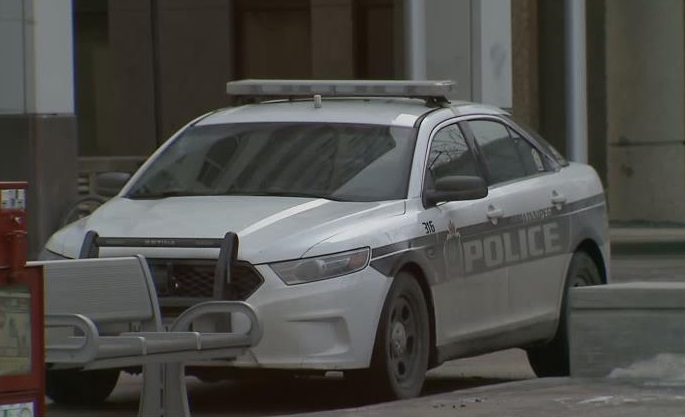Filth, needles, cockroaches: Living conditions at Mount Royal Hotel described as ‘hell on earth’

Posted August 23, 2022 10:44 am.
Last Updated August 23, 2022 10:52 am.
Cockroaches, bed bugs, used needles and collapsing ceilings.
That’s the reality for some people in Winnipeg living on employment and income assistance (EIA).
A tenant at the Mount Royal Hotel on Higgins Avenue near Austin Street gave CityNews a tour of their living space.
There were stains on almost every wall and carpet, missing ceiling tiles, needles, barely any furniture, shared bathrooms in unsafe conditions.
The tenants were afraid to share their identities, worried about repercussions, so a housing advocate relayed some of their thoughts.
“Living conditions in there are very third-world,” said Nick McIvor.
“The smell of the hotel is just raunchy.”
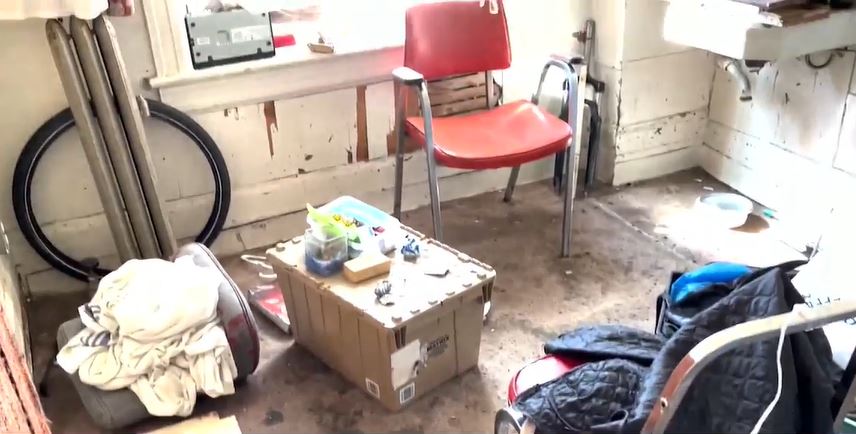
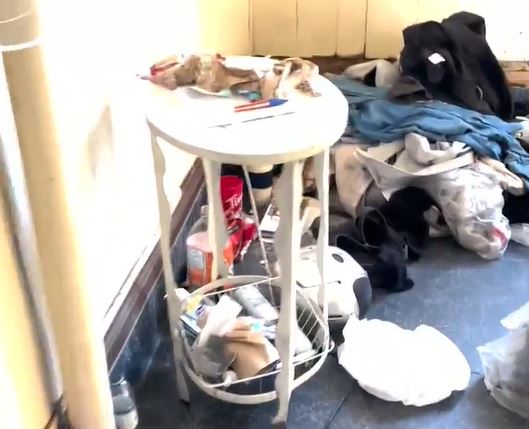
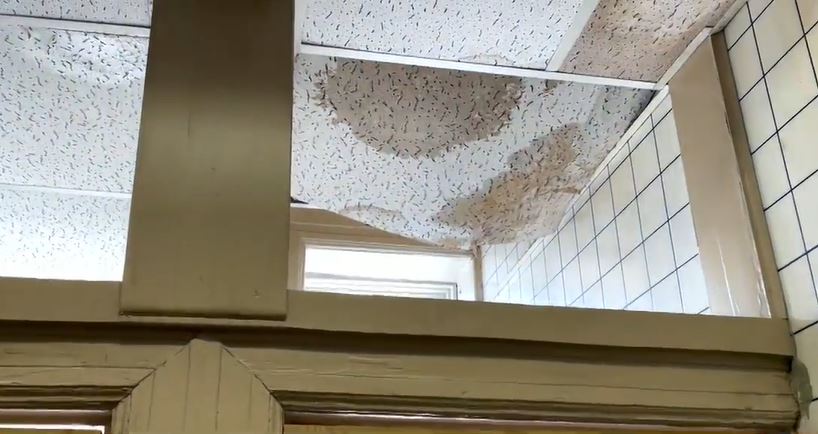
McIvor was doing a wellness check on a tenant at the hotel when he was shocked by the state of the affordable living space.
“There are bed bugs, cockroaches, people have no doors,” he said.
“It’s like hell on earth. I’ve had emotional talks with people where they’re like, ‘I don’t deserve this, what did I do to deserve this?’”
The tenants say rooms are between $600 and $750 a month, which eats up all of their EIA money.
READ MORE: Man dies in possible stabbing outside Mount Royal Hotel: police
McIvor says people with addictions issues graduate from shelters to living on their own with the help of income assistance, but wind up back in the cycle of addiction when this is the only shelter they can afford.
“If this is the next step, we’re only working backwards, not forwards,” he said.
CityNews reached out to the owner of the building through multiple avenues but did not immediately hear back.
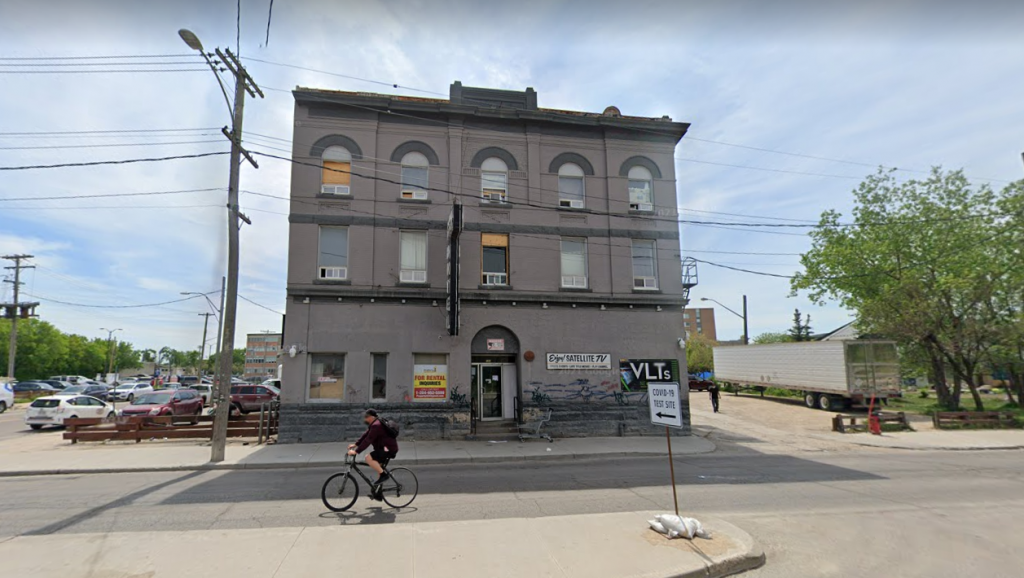
Google Street View of Mount Royal Hotel on Higgins Avenue from June 2021. (Credit: Google Street View)
Community outreach worker Mitch Bourbonniere says the quality of living for those on EIA is an unfortunate norm in Winnipeg. He says multiple levels of government must come together to form housing with wraparound supports.
“Support workers 24 hours a day, on site, in an office that can help people navigate having a home for the first time, getting along with their neighbours, dealing with drug traffickers, safety issues, isolation issues, mental-health issues,” he said.
Bourbonniere says the supports wouldn’t need to be lifelong, but just long enough to get each person “system-literate” with enough traction to navigate their own lives.
This would also afford people with no rental history the ability to build up credibility to rent elsewhere in the future, says Bourbonniere.


